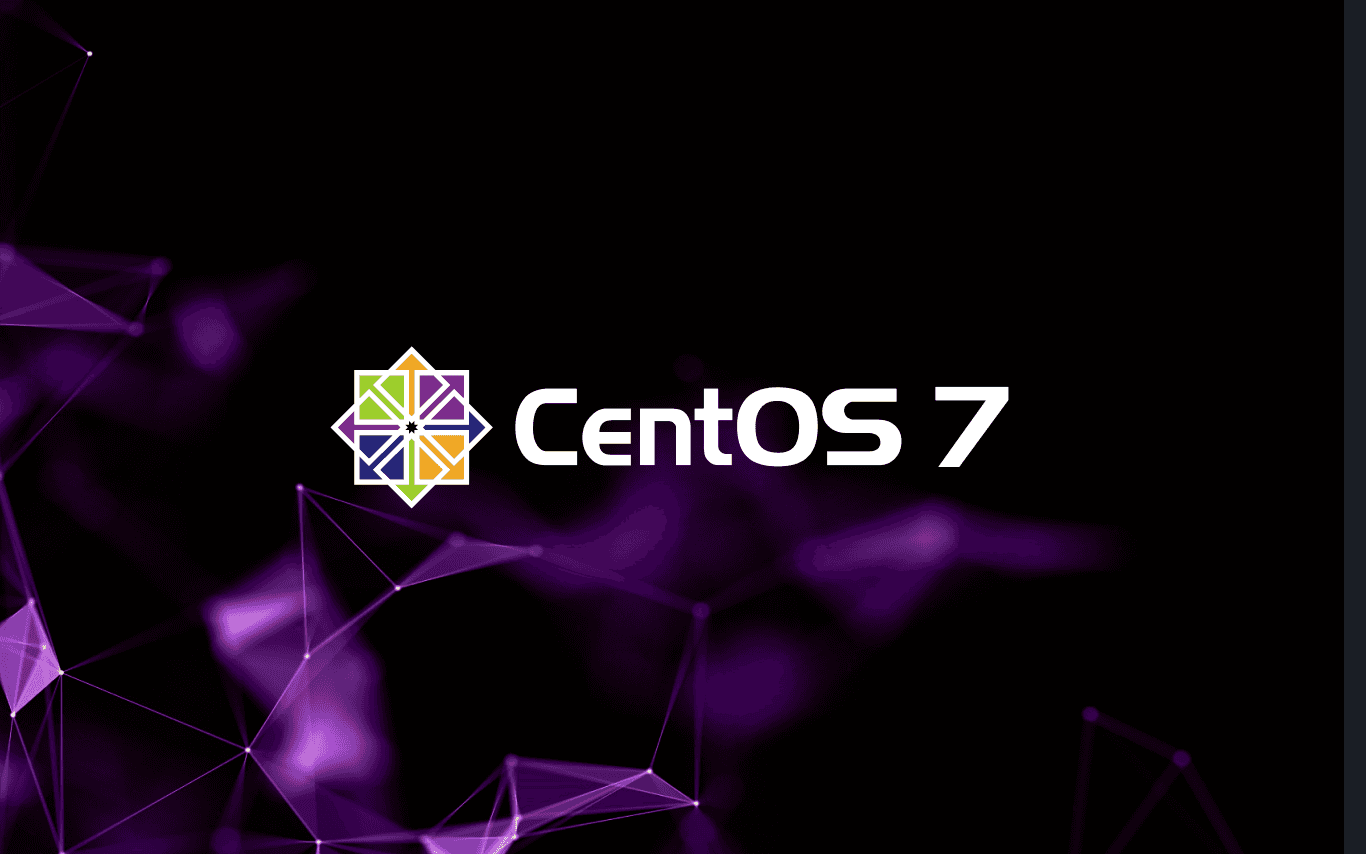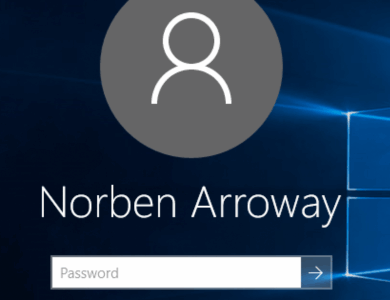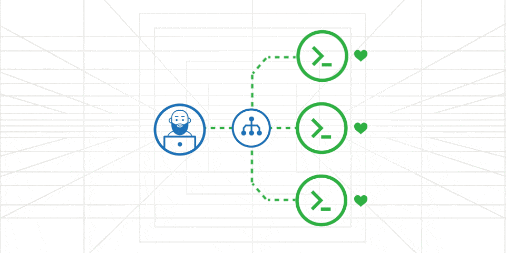As of 2024, official support for CentOS 7 has ended, following Red Hat’s lifecycle policies.
CentOS 8: Ended support early, in December 2021.
CentOS Stream (8/9): Still supported, but it’s not the classic CentOS—it’s a rolling-release system. If you are using legacy CentOS versions (6, 7, or 8), they are fully EOL.
Only CentOS Stream continues to receive updates from Red Hat, but it no longer behaves exactly like a traditional stable server OS.
As a result, commands such as: yum update, yum install
may fail, and even if they run, package mirrors may return errors like:
Could not retrieve mirrorlist http://mirrorlist.centos.org/…
curl#6 – Could not resolve host
Cannot find a valid baseurl for repo: base/7/x86_64
Solution: Using the CentOS Vault Repository
Red Hat maintains a “Vault” repository for CentOS 7 users. This archive contains all RPM packages for CentOS 7.9, allowing legacy systems to continue functioning.
🔧 Step-by-Step Implementation
Backup old repo files
cd /etc/yum.repos.d/
mkdir backup
mv CentOS-*.repo backup/
This preserves your old .repo files while preventing conflicts.
Create a new Vault repo file
nano /etc/yum.repos.d/CentOS-Vault.repo
Paste the following:
[base]
name=CentOS-7 - Base (Vault)
baseurl=http://vault.centos.org/7.9.2009/os/x86_64/
enabled=1
gpgcheck=1
gpgkey=file:///etc/pki/rpm-gpg/RPM-GPG-KEY-CentOS-7
[updates]
name=CentOS-7 - Updates (Vault)
baseurl=http://vault.centos.org/7.9.2009/updates/x86_64/
enabled=1
gpgcheck=1
gpgkey=file:///etc/pki/rpm-gpg/RPM-GPG-KEY-CentOS-7
[extras]
name=CentOS-7 - Extras (Vault)
baseurl=http://vault.centos.org/7.9.2009/extras/x86_64/
enabled=1
gpgcheck=1
gpgkey=file:///etc/pki/rpm-gpg/RPM-GPG-KEY-CentOS-7
Clear cache and test updates
yum clean all
yum makecache
yum update
Check EPEL repo mirrors
If your epel.repo file contains:
mirrorlist=https://mirrors.fedoraproject.org/metalink?repo=epel-7...
replace it with a direct base URL:
baseurl=https://download.fedoraproject.org/pub/epel/7/x86_64/
enabled=1
gpgcheck=0
Summary
Even though CentOS 7 is no longer officially supported, you can prevent your systems from behaving like “dead servers” by using the Vault repository. This keeps yum operational and allows you to continue managing packages safely.
For long-term maintenance and updates, consider migrating to supported CentOS 7 successors such as AlmaLinux or Rocky Linux.




